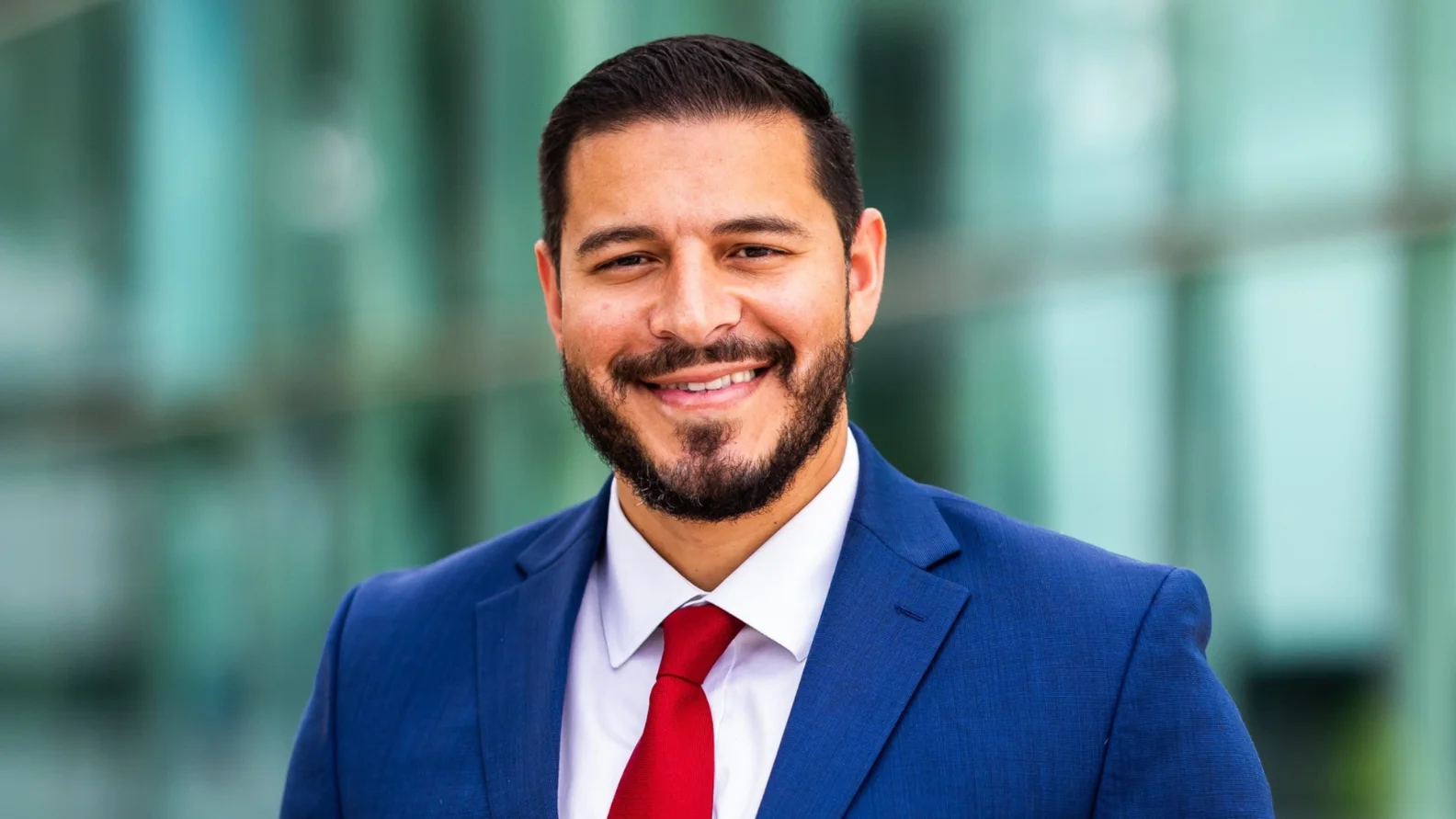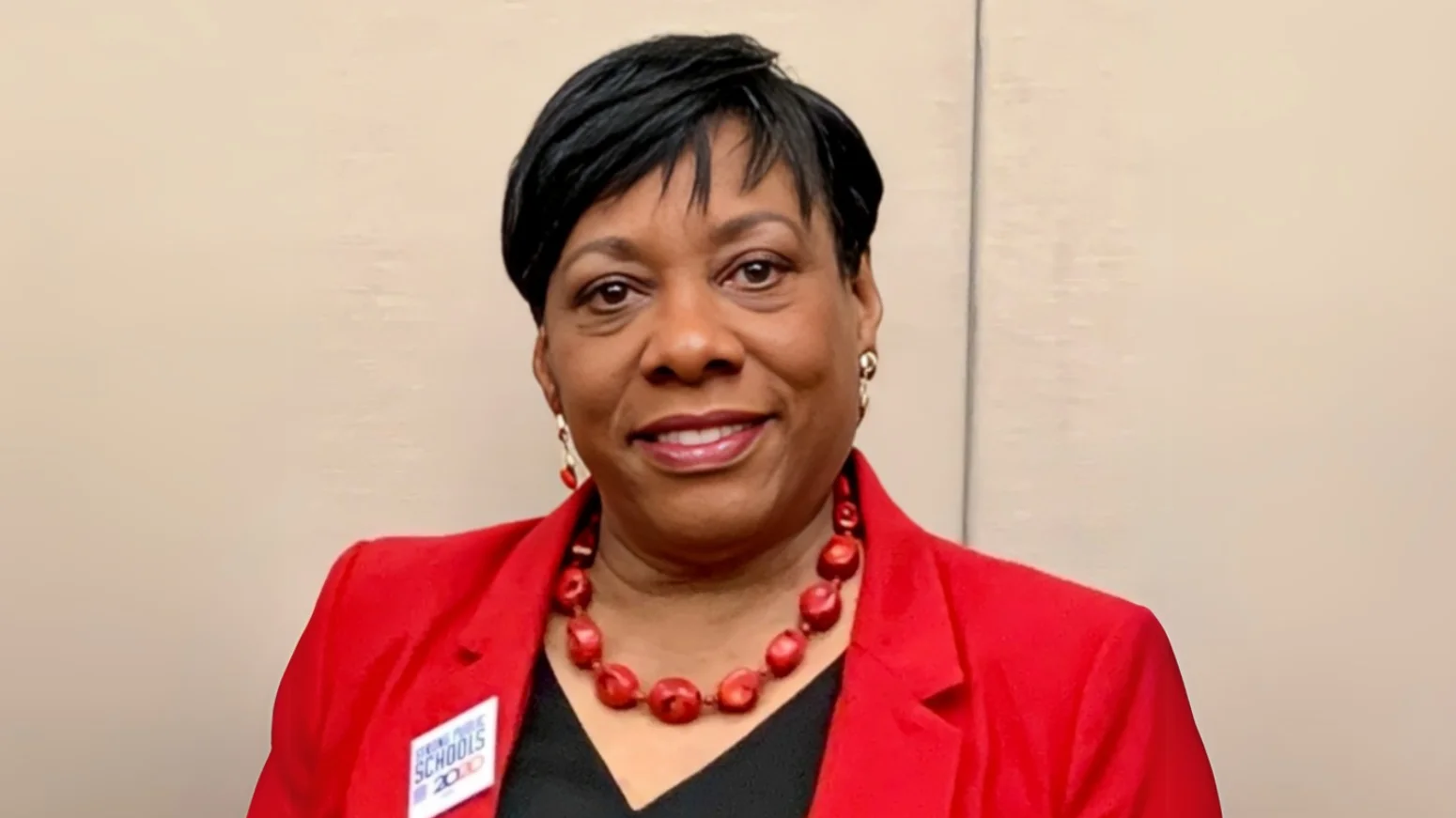
Pixabay
There are seven million children with disabilities in the U.S. who now have to cope with public schools closing and turning to online education due to the COVID-19 pandemic.
The Washington Post reported on disabled students and their parents who are trying to handle remote education.
In Lawrence, Kansas, Jocilyn Oyler’s 11-year-old daughter misses school, where she received help in every class. Her school also offered speech therapy and other services that she needed.
With the COVID-19 shutdown, she and her sister, who has milder learning challenges, are both trying to cope at home.
Kansas was the first state in the nation to announce schools would be closed through the end of the school year.
Oyler, who is an attorney, and her husband both work full-time. She has had to work from home while taking care of her children.
Unlike many children, Oyler’s 11-year-old can’t do her schoolwork independently.
"She can’t write a paragraph without having a meltdown,” Oyler said to the Washington Post.
It's not always ideal for disabled students to use the computer for school. Some need adaptive technology, while others need structure and routines for mental stability. There are some disabled students who depend on speech and occupational therapists to support them in their classes and modify lessons.
Other disabled students cannot focus without adult support and teaching the blind and the deaf requires special training.
The Americans with Disabilities Act requires schools to give students with disabilities an appropriate education. School districts all across the country are struggling to figure out how to do that with remote learning.
In mid-March, the U.S. Department of Education told school districts they aren't required to accommodate children with disabilities if there is no education underway for other students. In response, districts in Seattle, Philadelphia and Montgomery Counties, MD, canceled remote learning for all students because they said they cannot offer it to every student.
The department said federal disability laws shouldn't be used to stop schools from offering online learning to students. The department encouraged districts to look for creative ways to deliver special-education services.
Parents of disabled students are still worried without school and the structure and services it provides, their children will regress. “It’s heartbreaking,” Marcie Lipsitt, an activist for disability rights and parent, said to the Washington Post.





 Alerts Sign-up
Alerts Sign-up